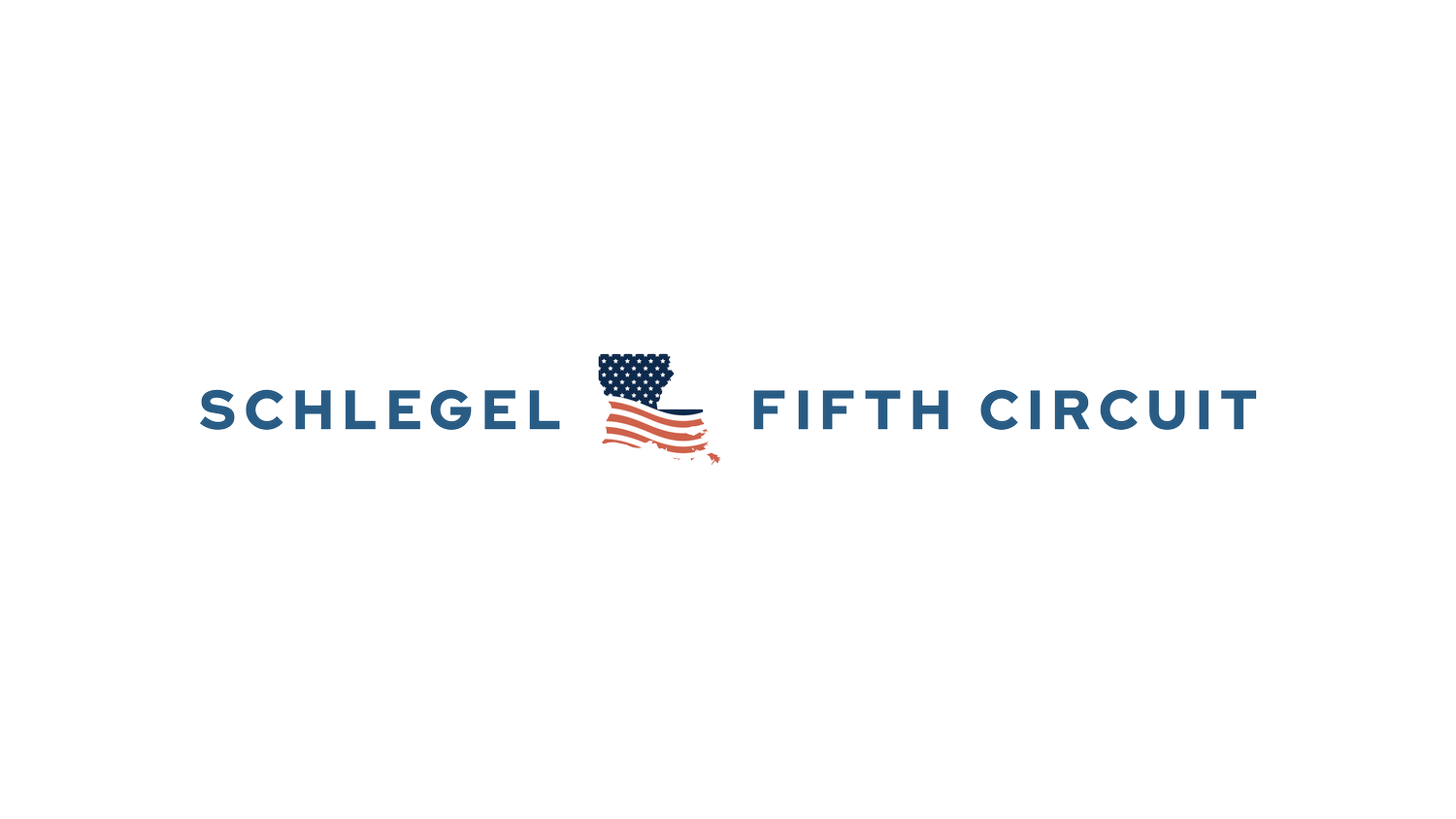AI in the Jury Box?
The landscape of jury selection in the American legal system could be on the brink of a dramatic transformation. For decades, attorneys have relied on jury selection experts to gain an edge in the courtroom. These professionals, often armed with backgrounds in psychology or social sciences, have become an integral part of high-stakes trials, offering insights into juror behavior and helping legal teams craft strategies for voir dire - the preliminary examination of prospective jurors.
In recent years, jury selection experts have increasingly turned to data analytics and social media research to build more comprehensive profiles of potential jurors. This shift towards data-driven selection has set the stage for the next quantum leap: the integration of artificial intelligence into the jury selection process.
AI-powered jury selection tools that are likely being developed promise to take this analysis to unprecedented levels. These systems could potentially comb through vast amounts of online data about potential jurors, analyzing everything from social media posts and online shopping habits to public records and digital footprints. By aggregating and analyzing this information, AI could create detailed profiles and predictive models, assigning "favorability" scores to potential jurors based on complex algorithms.
While the prospect of AI-driven jury selection offers the allure of more efficient and potentially more objective decision-making, it also raises significant privacy concerns. The level of scrutiny that AI systems could apply to potential jurors' online lives is far beyond what has traditionally been possible in the jury selection process. Individuals called for jury duty, fulfilling their civic responsibility, may find themselves subject to invasive digital analysis without their knowledge or consent.
This potential invasion of privacy is particularly troubling given the compulsory nature of jury duty. Citizens are required by law to participate in the jury selection process, but they may not have anticipated that this participation would involve such a comprehensive examination of their digital footprint. The data collected and analyzed by AI systems could potentially be stored, shared, or used for purposes beyond the immediate trial, raising serious questions about data protection and individual privacy rights.
As we grapple with these privacy concerns, we must also consider how AI might impact one of the most contentious aspects of jury selection: peremptory strikes. These strikes allow attorneys to dismiss a certain number of potential jurors without providing a reason. However, their use is constrained by the law, which prohibits the exclusion of jurors based solely on protected classes, such as race and gender.
The introduction of AI into the jury selection process may add a new layer of complexity though. Imagine a scenario where an AI system, after analyzing a potential juror's online presence, assigns them a low "favorability" score. The attorney, trusting the AI's judgment, uses a peremptory strike to remove this juror. But what if the AI's decision was based on seemingly neutral factors that inadvertently correlate with race, gender, or other protected characteristic?
This scenario highlights the "black box" problem inherent in many AI systems. The internal workings of advanced AI algorithms, particularly those using deep learning techniques, are often opaque even to their creators. The AI might be making decisions based on complex patterns in the data that are not easily explainable in human terms. This lack of transparency would pose a significant challenge in the context of jury selection, where the reasons for decisions need to be clear and defensible.
When faced with a Batson challenge, how will an attorney be able to articulate a race-neutral reason if they don't fully understand the AI's decision-making process? The attorney might be put in the uncomfortable position of defending a decision they can't fully explain, potentially undermining their credibility with the court. Moreover, if the AI's decision-making process is not transparent, how can courts ensure that these tools are not being used, intentionally or unintentionally, to circumvent prohibitions on discriminatory strikes?
As we navigate this new terrain, it's crucial to remember that the fundamental purpose of jury selection is to ensure a fair trial by an impartial jury. While AI has the potential to bring more efficiency and potentially more objectivity to this process, we must be vigilant in ensuring that it doesn't undermine the very principles of justice it's meant to serve. The right to a fair trial, the privacy of potential jurors, and the integrity of our legal system are too important to be left to the inscrutable decisions of a black box algorithm.

